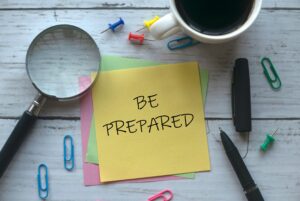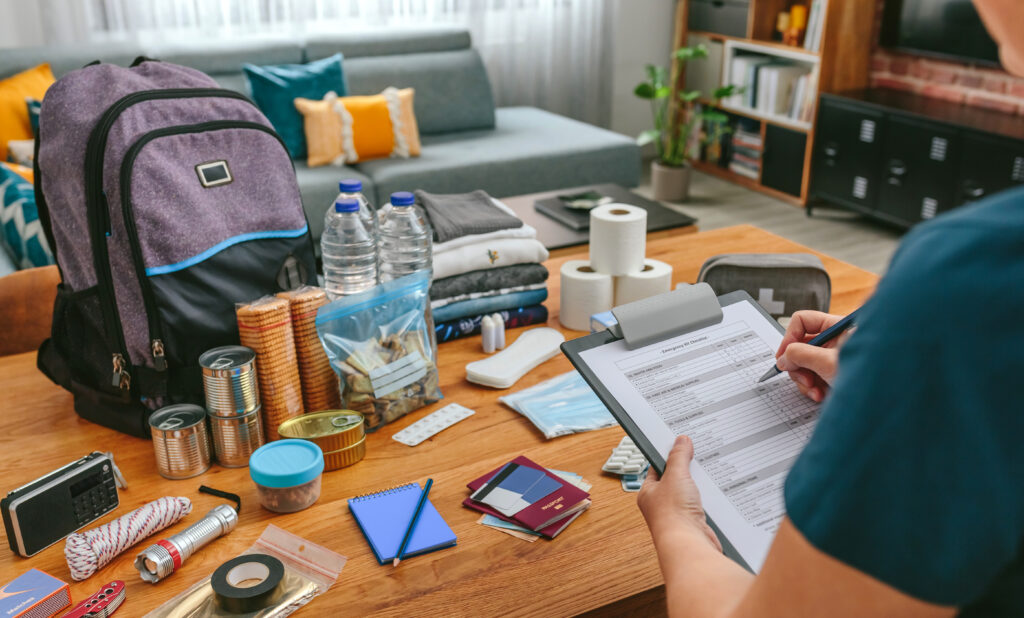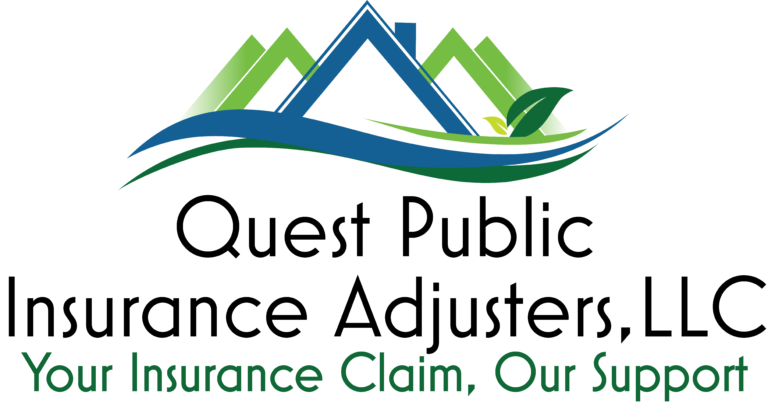
Emergency Preparedness Checklist Before A Storm
Living in the beautiful Sunshine State comes with the responsibility of being prepared for tropical storms and hurricanes. Florida is no stranger to the wrath of nature, making it essential for residents to have a comprehensive emergency preparedness checklist in place before a storm strikes. This blog post aims to guide Florida residents through the crucial steps necessary to ensure their safety and minimize potential damage during severe weather events.
What to do?

- Stay Informed
Monitor Weather Updates: Keep a close eye on weather forecasts from trusted sources such as the National Hurricane Center (NHC) and local meteorological agencies. Stay informed about the storm’s track, intensity, and any changes in its projected path.
Know Your Zone: Understand the evacuation zones specific to your area and familiarize yourself with the evacuation routes designated by local authorities. Be aware of evacuation orders and follow them promptly for your safety.
- Create an Emergency Plan
Family Communication: Establish a communication plan with your family members to ensure everyone knows how to stay connected before, during, and after the storm. Designate an out-of-state contact person who can serve as a central point of contact for updates and information.
Evacuation Plan: Determine in advance where you will go if evacuation becomes necessary. Identify nearby shelters, hotels, or the homes of family or friends located in safe areas. Plan your evacuation route and be prepared for heavy traffic or road closures.
Emergency Contacts: Compile a list of emergency phone numbers, including local authorities, utility companies, medical facilities, and insurance providers. Keep this list readily accessible.
- Create an Emergency Plan
Water and Food: Store an ample supply of drinking water (at least one gallon per person per day) to last for several days. Stock up on non-perishable food items, such as canned goods, granola bars, and dried fruits, to sustain you during power outages or limited access to stores.
Medications and First Aid: Ensure an adequate supply of prescription medications for all family members. Assemble a comprehensive first aid kit that includes bandages, antiseptics, over-the-counter medications, and any necessary medical supplies.
Flashlights and Batteries: Have multiple flashlights and extra batteries readily available. Avoid relying solely on candles, as they pose fire risks.
Essential Documents: Safeguard important documents such as identification papers, insurance policies, medical records, and deeds in a waterproof and portable container. Consider creating digital copies as a backup.
- Protect Your Property
Secure Outdoor Items: Move or secure outdoor furniture, potted plants, and any loose objects that could become projectiles in high winds. Trim tree branches and remove dead or weak trees that could potentially cause damage.
Reinforce Windows and Doors: Install storm shutters or use plywood to cover windows and protect against flying debris. Strengthen doors with deadbolt locks and consider reinforcing them with hurricane-resistant materials.
Backup Power: If possible, invest in a portable generator to provide temporary power during prolonged outages. Follow safety guidelines when operating generators to prevent carbon monoxide poisoning and electrical hazards.
- Review Insurance Coverage
Homeowner’s Insurance: Review your homeowner’s insurance policy to understand the extent of your coverage for storm-related damages. Ensure that you have adequate coverage for your property and belongings.
Flood Insurance: Determine whether you need flood insurance, as standard homeowner’s insurance policies typically do not cover flood damage. If you reside in a flood-prone area, consider obtaining a separate flood insurance policy through the National Flood Insurance Program (NFIP).
